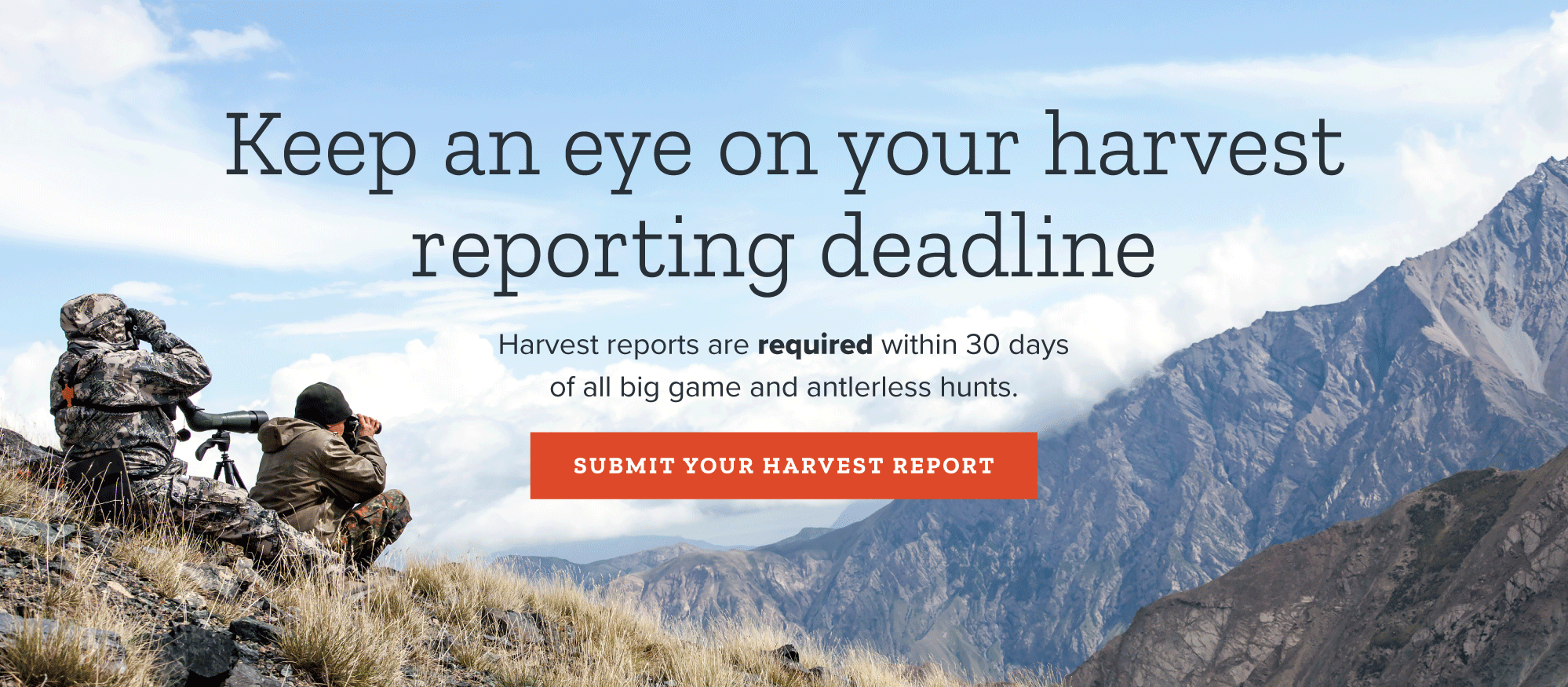
Melissa Early

A habitat biologist, food enthusiast and lover of the outdoors


Tell us about yourself. Where did you grow up? Where do you live now? What's your occupation?
I am a hunter, angler, wild foods forager, public land owner, food enthusiast and lover of the wild. I grew up in the rural Southeast, in a family of waterfowl and upland bird hunters. However, it was not until I became an adult and moved to the West that I truly became interested in hunting. Currently, I live in Ogden and am a habitat biologist.
Why do you hunt?
Food is an endless source of fascination for me, and I hunt primarily to seek wild, organic protein for the table.
Each hunt teaches me more about wildlife, habitat, the interconnectedness of the world and the impacts we humans have on nature from near and far. Each hunt is different: It is humbling and challenging in unique ways each time, and offers endless learning experiences.
Hunting requires a special lens to view the landscape, and it makes me feel more connected to wildlife. Thus, I'm very passionate about ensuring that the next generation will have the same opportunities I have had as a hunter and an angler. Hunting is inspiring, whether I harvest an animal or not.
How did you get into hunting?
Growing up, my dad and our Chesapeake Bay retriever returned to the house each duck season smelling like a wetland, with birds in hand that my family enjoyed eating. As a youth, I was simply not interested in the frosty early mornings, setting out decoys and leaky waders involved in my dad's hobby.
However, once I moved to the West and discovered the incredible array of wildlife and habitat found on our public lands, there was a dramatic shift in my perspective.
I vividly remember my great awakening: Gathered around a roaring campfire with friends, I first tasted elk, mule deer and morel mushrooms, and I heard the rugged tales of my friends' backcountry hunting and foraging expeditions. This taste of the wild — coupled with the West's public lands that provide access, opportunity and habitat for multiple species of wildlife — inspired me to enroll in a hunter safety course while I was going to school at the University of Montana. During my first few years of hunting, I frequently tagged along with friends and learned a lot from my community. As a resident of Utah, I've hunted upland birds and big game.
What is your favorite hunt you've been on?
My first doe pronghorn hunt remains my favorite hunt. Pronghorn are such a fascinating species; speeding gracefully across the sagebrush sea, and disappearing so quickly into the folds of the landscape. This hunt taught me a lot about the ecology of the sagebrush sea. It's teeming with life, and I watched sage-grouse while glassing the habitat for pronghorn.
It was an emotional rollercoaster of a hunt. There were many lows — such as scaring a herd away during a bad spot-and-stalk attempt — to the high of harvest, to the melancholy of taking this beautiful animal's life. When I pulled the trigger on my .270 after a long, exhilarating stalk, I was happy the pronghorn dropped immediately with my shot placement.
A side note: For this hunt and others, I use non-lead ammunition (such as copper bullets). I make this choice for my family's health at the dinner table, and for the health of the landscape and wildlife, as birds and other species feed on the remains of carcasses left in the field.
What are some tips you would offer someone who is interested in learning to hunt?
- Get excited!
- Be safe and be prepared: Enroll in and complete a hunter safety program. Most importantly, practice your shooting at the range to ensure that you are ready and prepared for the challenges and uncertainty of hunting before you go into the field.
- Get to know the land: Use a good pair of binoculars, go hiking uphill and glass the landscape. Read up on the ecology of the landscape for the species you are seeking to hunt.
- Know before you go: Look carefully at maps and determine public land areas where you can hunt. Read through the rules and regulations from the Utah Division of Wildlife Resources.
- Highly recommended: Read up on the North American Model of Wildlife Conservation (the foundational tenets for managing wildlife as a public trust for the benefit of present and future generations).
- Have fun!





To learn more about hunting and wildlife management, visit the DWR website.



















